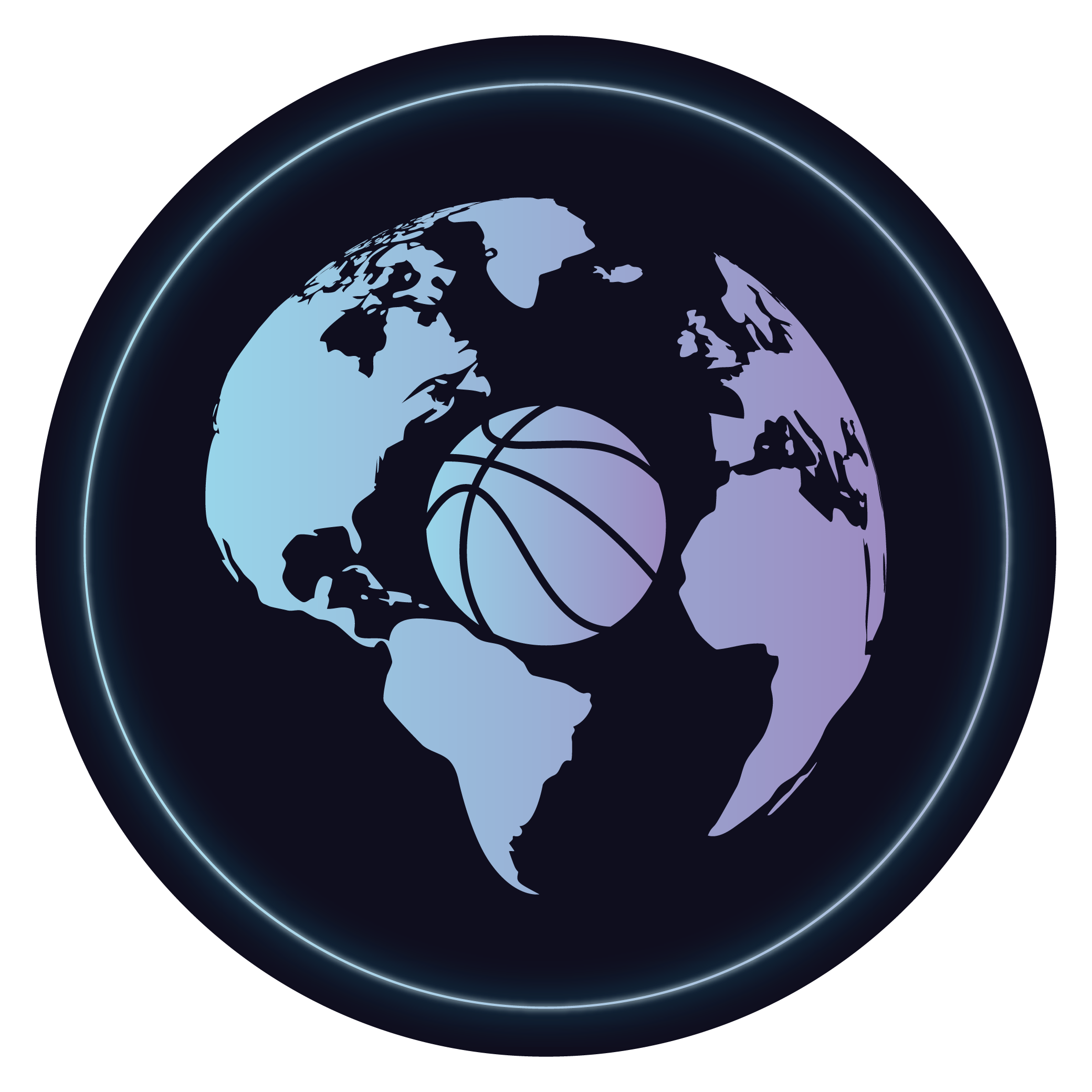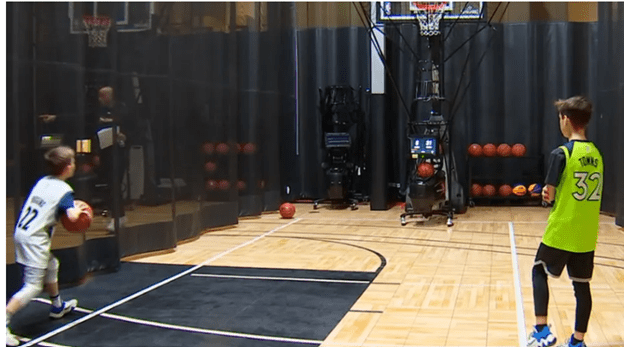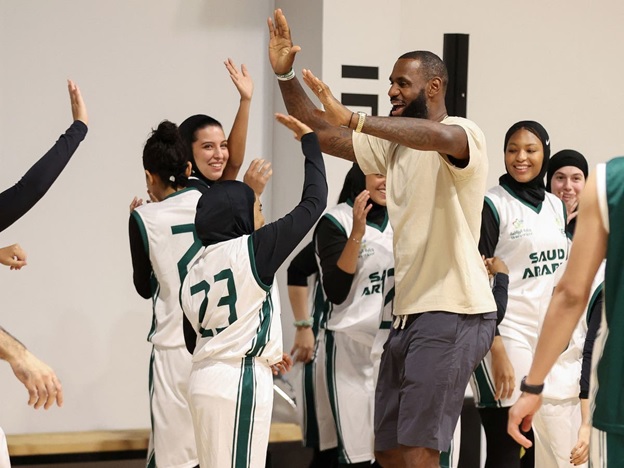The WNBA commissioner, Cathy Engelbert, stated that the investment might support marketing, enhance digital goods, expand fan outreach, and boost sales.

The WNBA has raised $75 million from over 20 investors in an attempt to change its business model in response to player demands for greater revenue, better benefits, and expansion.
Nike, Condoleezza Rice, Laurene Powell Jobs, Pau Gasol, the owners of several NBA and WNBA teams, as well as other prominent people in the worlds of sports and business have all contributed to the fund.
“We’re going to take a huge step forward in transforming the league and [securing] an economic model that is worthy of [the] players on the court,” WNBA Commissioner Cathy Engelbert declared in an interview.
The WNBA had never before raised funds from investors. The NBA founded the league in 1996 and held its inaugural season in 1997. Financial difficulties have always existed, and the women’s league differs significantly from the NBA in terms of revenue, media attention, and player compensation. The NBA is making the wager that it can attract enough attention from players to build a long-term business model with the appropriate financial investments.
“Part of it is exposure,” Engelbert explained. “It’s like pushing a boulder up a hill.”
Currently, the 30 NBA teams own half of the WNBA, while the 12 WNBA teams own the other half. As part of the agreement, ownership will be divided on both sides. However, Engelbert declined to share the amount of the new investors’ stake in the business, the deal’s valuation, or the league’s yearly earnings.
As of now, Engelbert stated that the league has no plans to raise additional funds, but if it is “successful with deploying this capital for sustainable growth”, it may do so in the future.
Engelbert said that the league is open to suggestions from the players’ union regarding how to use the additional funds. With that said, precedence will be given to marketing and enhancement of the league’s digital offerings, such as its website, app, and league pass, which enable fans to watch games that are not broadcast nationally on television.
According to Engelbert, the money raised from these initiatives could then be utilized to support important player requests, like chartered flights. WNBA players fly commercial, as opposed to NBA players, who take private aircrafts. Players have long been troubled by this discrepancy. Four-time All-Star, Elizabeth Cambage, tweeted on Tuesday about having to upgrade her seats on flights to games, “out of my own pocket.”
In response to Cambage’s Twitter post, Engelbert said: “People get emotional. People tweet things. We all want the best travel conditions for our players. But the reason why it’s there for the men’s league is because they get these big valuations. They get media rights of their assets.”
Following the signing of a new collective bargaining agreement with its players, the WNBA started to raise money in January 2020; however, the coronavirus pandemic delayed the most recent fundraising efforts. (Engelbert stated that the objective had changed to “make sure we survive.”) The league tried to restart this process as the year drew nearer to 2021 and noticed “some growth” in sponsorship income and social media engagement.
Wealthy investors have been parking more and more of their money in sports teams and leagues, which have then turned to outside funding to offset the pandemic’s losses. Sports rights are in high demand as streaming services search for unique approaches to compete for user attention. An industry worth billions of dollars has been established by the wave of state legalization regarding sports betting.
According to Engelbert, the WNBA’s newfound support might open the door for a variety of ventures, including sports betting and online virtual experiences. With that said, her top priority remains the same. “We need more fans,” she declared.
According to Engelbert, the league’s digital strategy to reach out to younger female fans has not received enough funding. Last year, the WNBA and Google signed a multiyear agreement that helped fund the broadcast of 25 regular-season games on ABC and ESPN. In addition, the league secured a multiyear streaming agreement with Amazon Prime, and has spent the previous five seasons streaming games on Twitter. However, the WNBA, whose season is held during the summer, faces competition from other sports, like Major League Baseball and the NBA playoffs, which have been receiving increasing amounts of TV attention in recent years.
Engelbert stated that her goal was to “market players into household names” both domestically and internationally. That approach might contribute to the revenue generation needed to raise player salaries, which have historically been a point of contention along with chartered flights.
For the 2022 season, a player’s minimum salary was approximately $60,000. Meanwhile, a player’s maximum salary was $228,094, and the team salary cap was slightly less than $1.4 million. Even gifted players may find it challenging to make an impression in the league because there are only 12 roster spots available for each of the 12 teams in the league. Although supporters are looking to Toronto and Oakland for new teams and players, Engelbert has insisted that the league must first boost revenue.
Other prominent investors include Joe and Clara Tsai (the owners of the WNBA’s Liberty and the NBA’s Nets), Michael Dell (the founder of Dell Inc.), his wife, Susan, and Swin Cash (the Vice President of Basketball Operations for the NBA’s New Orleans Pelicans) and possibly many more unnamed individuals.



